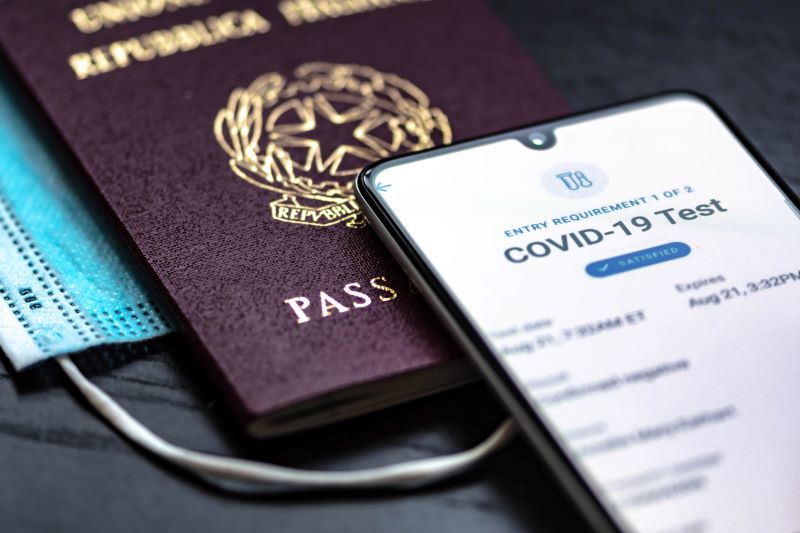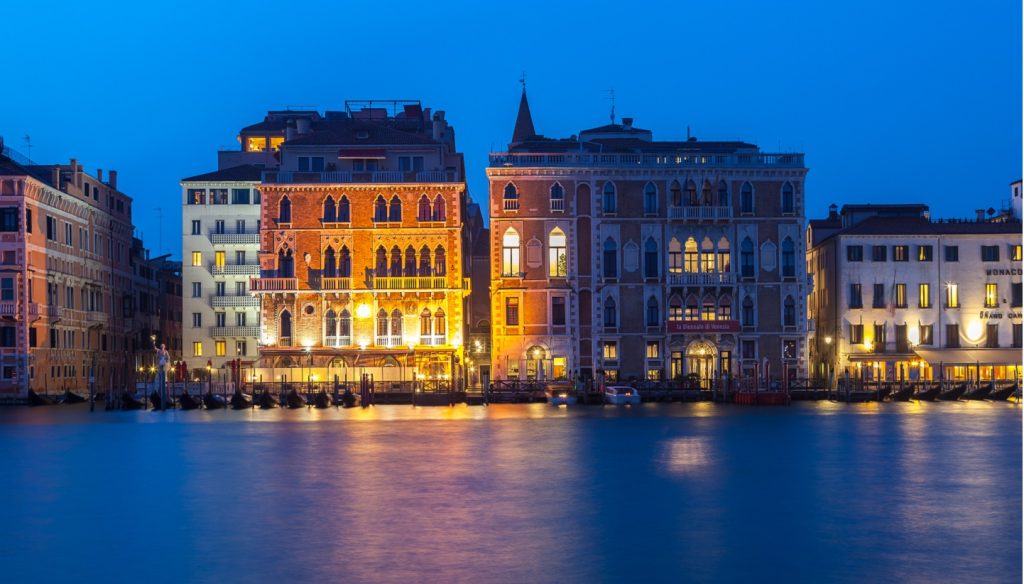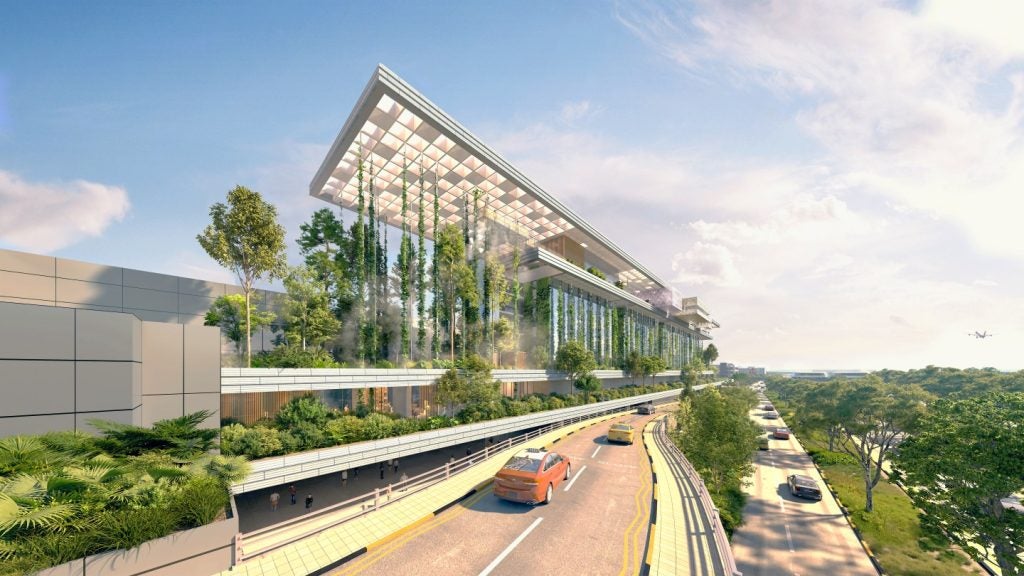
Over the past two years Covid-19 has hit the hotel industry hard. On 10 January, Italy put new restrictions in place for travellers heading to the country, which will hinder the Italian hotel industry’s recovery.
New restrictions have substantially hindered recovery
According to GlobalData’s travel restrictions timeline for Italy, the imposition of the restrictions by the Italian government has corresponded with falling occupancy rates. On 22 March 2020, Italy announced that all citizens were prohibited from relocating, or travelling on public or by private means of transport. Additionally, on 1 April 2020, lockdowns were extended until mid-April and these measures have had a knock-on effect on Italy’s tourism industry. Data from Italy’s national statistics office (ISTAT) shows the clear impact this has had on hotel occupancy. In April 2019, accommodation establishments in Italy registered 28.5 million nights spent. In April 2020, this figure fell to 1.3 million. From this, it is evident that there is a direct correlation between Covid-19 restrictions and hotel occupancy rates.
Although restrictions were lifted later in the year, the lasting impact was significant. According to GlobalData’s Hotels database, occupancy rates in Italy’s hotels fell by 44.4% YoY to just 39.7% in 2020. Despite this, additional restrictions in the hotel industry have been implemented due to the continued threat of Covid-19. For example, guests must now provide proof of vaccination or recovery from a recent infection. Travellers must also wear face coverings. The Italian government has deemed it necessary to enforce these restrictions by law, issuing fines for noncompliance. This will slow recovery in the future, with travellers not wanting to be constrained by masks or the threat of a fine.
Furthermore, sentiment amongst travelers is still quite negative, with 40% of respondents in a GlobalData Q3 2021 global consumer survey saying they are ‘extremely’ concerned about the impacts of the pandemic. With the threat of further restrictions in Italy, many will opt to either stay at home, find an alternative destination, or take a domestic trip instead. The restrictions seen in the past two years have clearly had a negative impact on the Italian hotel industry. Therefore, the restrictions will undoubtedly slow recovery. With these new rules in place for the Italian hotel industry, GlobalData projections show that it could take up to three to four years for the sector to recover.
Recovery will take up to four years due to impacts of Covid-19
Projections from GlobalData show that occupancy rates will have grown to 50.6% by 2021, and to 65.2% by 2022. Despite this, occupancy will not reach 2019 levels again until 2024, according to these projections. However, further restrictions could hinder this recovery moving forwards. Ultimately, it is uncertain what will happen to the hotel industry in the wake of the new restrictions put in place by the Italian government. However, according to the data referenced, the likelihood is that these measures will prove to be detrimental to the recovery of hotels in Italy.
See Also:
How well do you really know your competitors?
Access the most comprehensive Company Profiles on the market, powered by GlobalData. Save hours of research. Gain competitive edge.

Thank you!
Your download email will arrive shortly
Not ready to buy yet? Download a free sample
We are confident about the unique quality of our Company Profiles. However, we want you to make the most beneficial decision for your business, so we offer a free sample that you can download by submitting the below form
By GlobalData







